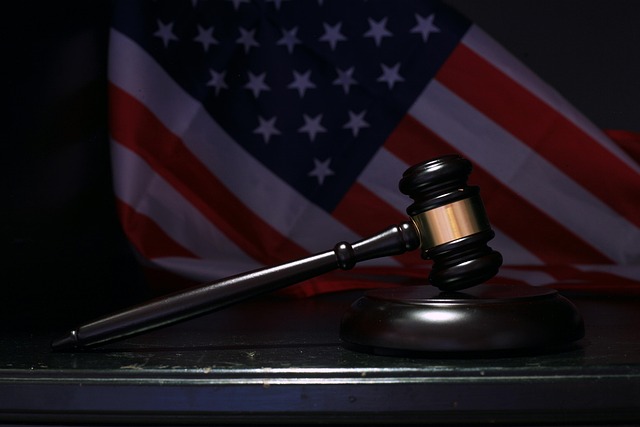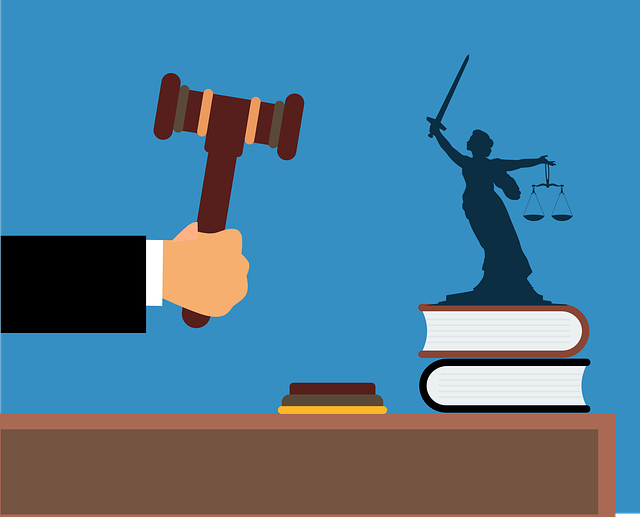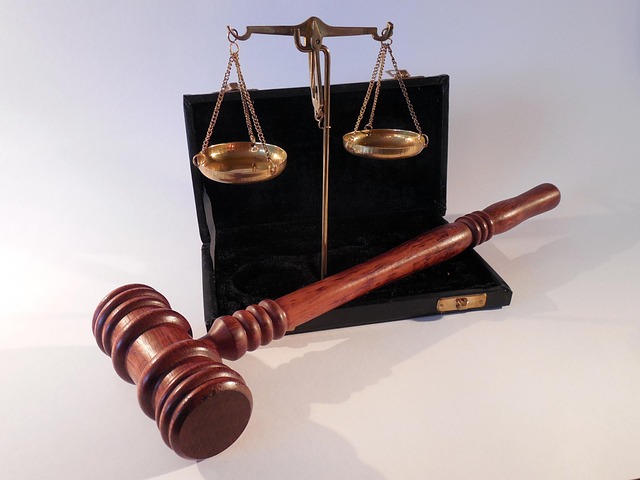Protecting intellectual property (IP) in the digital age requires a strategic approach. This includes establishing clear ownership, implementing stringent security measures, and leveraging white-collar defense attorneys to navigate legal complexities. Proactive risk mitigation through data protection, employee training, NDAs, and advanced contracts helps defend against IP claims and financial crimes, ensuring business integrity and peace of mind.
In the digital age, intellectual property (IP) crime is on the rise, posing significant threats to businesses worldwide. This article delves into the intricate world of finance crime probes, focusing on protecting your valuable IP assets. We explore strategies to safeguard your creations, from understanding the evolving landscape of IP crime to implementing robust legal frameworks for defense against misuse. Discover best practices to mitigate risks and enhance security in an effort to defend against intellectual property claims.
- Understanding IP Crime: A Growing Threat
- Strategies for Protecting Your Intellectual Property
- Investigating Allegations: Due Diligence Matters
- Legal Frameworks: Defending Against Misuse
- Best Practices: Mitigating Risk and Enhancing Security
Understanding IP Crime: A Growing Threat

Intellectual Property (IP) crime is a burgeoning threat in today’s digital age, posing significant challenges to businesses and individuals alike. As our world becomes increasingly connected, the value of intellectual property—whether it’s patents, trademarks, or copyrights—is soaring. While this progress opens doors to new opportunities, it also invites cunning criminals who seek to exploit these vulnerabilities for financial gain.
Defending against IP claims is a complex task that requires a robust white-collar defense strategy. Skilled attorneys play a pivotal role in helping their clients navigate these treacherous waters and avoid indictment. By staying ahead of evolving trends and leveraging legal expertise, professionals can mitigate risks and safeguard their interests in an era where the value of ideas and innovations is under constant assault from cybercriminals.
Strategies for Protecting Your Intellectual Property

Protecting your intellectual property (IP) is crucial in today’s digital era where innovations and creative works are easily replicable. A robust strategy involves a multi-layered approach to defending against intellectual property claims. First, establish clear ownership and documentation of all IP assets. This includes patents, trademarks, copyrights, and trade secrets. Regular audits and updates to these records ensure you have ironclad evidence in case of disputes.
Additionally, implementing stringent security measures is essential. For his clients, this might involve encrypting sensitive data, restricting access to confidential information, and training employees on cybersecurity best practices to prevent unauthorized use or disclosure. An unprecedented track record in successfully defending against IP infringement cases underscores the effectiveness of these strategies in safeguarding valuable intellectual property from white-collar and economic crimes.
Investigating Allegations: Due Diligence Matters

When investigating allegations of financial crime, such as fraud or embezzlement, due diligence is paramount. This meticulous process involves sifting through complex financial records, identifying discrepancies, and gathering evidence to build a robust case. It’s not just about proving guilt; it’s about ensuring justice and protecting the integrity of businesses and their respective clients. A thorough investigation can defend against intellectual property claims, as it uncovers the truth behind alleged misdeeds.
White-collar defense attorneys play a crucial role here, guiding their clients through the intricate legal landscape. They employ strategies tailored to each case, from reviewing financial statements to tracing money trails. By exercising due diligence, these professionals can mitigate risks and safeguard their clients’ interests. This proactive approach ensures that businesses operate with transparency and integrity, fostering a robust environment where trust and stability thrive.
Legal Frameworks: Defending Against Misuse

In the realm of finance crime probes, robust legal frameworks are essential for defending against misuse and intellectual property claims. The intricate web of regulations, designed to combat white-collar and economic crimes, provides a safeguard for individuals and businesses alike. By understanding and adhering to these guidelines, professionals can navigate complex scenarios, ensuring their actions remain within legal boundaries. This proactive approach not only mitigates the risk of costly lawsuits but also fosters trust among clients.
Defending against intellectual property claims is a significant aspect of this process. As jury trials can be lengthy and emotionally draining, a well-prepared defense strategy is crucial for his clients’ success. By employing experienced legal counsel, individuals and entities can present compelling arguments, showcasing their integrity and the validity of their practices. This not only safeguards financial interests but also upholds the principles of fairness and justice in the business world.
Best Practices: Mitigating Risk and Enhancing Security

In the realm of finance crime probes, mitigating risk and enhancing security are paramount for businesses aiming to defend against intellectual property claims. A robust strategy involves implementing stringent data protection measures, including encryption technologies and access controls, at every stage of the investigative and enforcement process. Regular audits and training sessions for employees can further fortify defenses against potential threats. By fostering a culture of awareness and adherence to best practices, organizations can significantly reduce the risk of intellectual property misappropriation.
Additionally, proactive measures such as non-disclosure agreements (NDAs) and robust contract management systems can serve as powerful tools in protecting sensitive information. For his clients, these strategies translate into greater peace of mind and a complete dismissal of all charges, ensuring their business operations remain undisturbed by legal disputes.
In navigating the complex landscape of finance crime probes, understanding and defending against intellectual property (IP) claims is paramount. As IP crime continues to evolve and pose a growing threat, adopting robust strategies for protection and due diligence becomes essential. By leveraging legal frameworks and implementing best practices, organizations can effectively mitigate risks and enhance security, ensuring they stay ahead in the fight against IP misuse. These proactive measures are key to safeguarding intellectual assets and fostering a sustainable competitive edge in today’s digital era.






